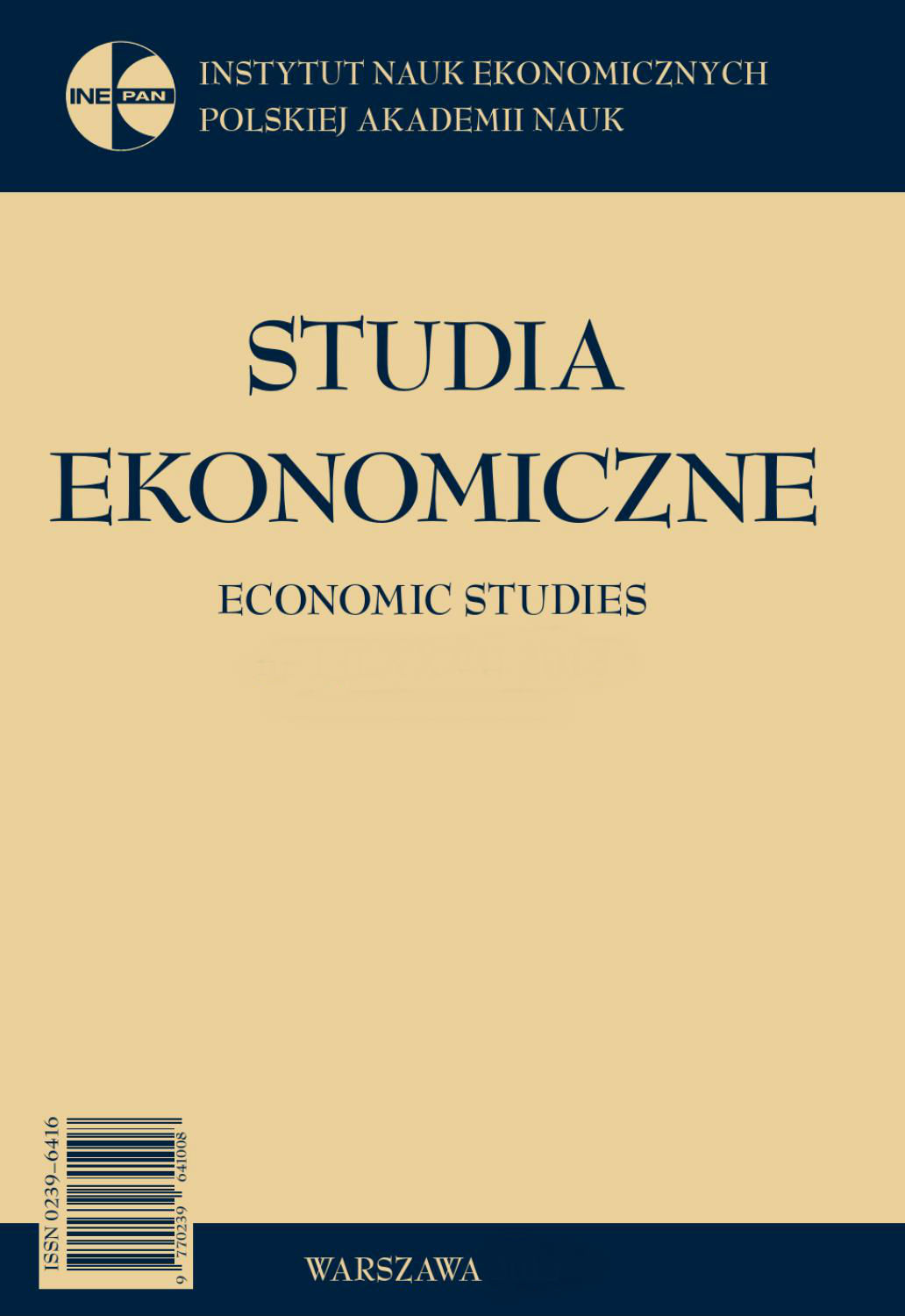Mainstream economics or heterodox economics?
Mainstream economics or heterodox economics?
Author(s): Izabela BludnikSubject(s): Economy
Published by: Instytut Nauk Ekonomicznych Polskiej Akademii Nauk
Keywords: neoclassical economics; mainstream economics; heterodox economics; neoclassical synthesis; New Keynesianism; new neoclassical synthesis; Post Keynesianism
Summary/Abstract: The broad research program commonly referred to as “Keynesianism” is associated with two fundamentally different traditions. One incorporates the neoclassical synthesis dating back to the 1950s and 1960s, New Keynesianism and the new neoclassical synthesis from the 1990s, and fits into the mainstream economics. Whilst it is difficult to find strong links to J.M. Keynes’s views, by including them into the mainstream economics the term “Keynesianism” is usually associated with their achievements. The second group of views includes Post Keynesianism and is affiliated with heterodox economics. Despite the fact that it displays significantly stronger ties with the tradition initiated by J.M. Keynes, it has earned the stigma of inferiority. Therefore it has practically no influence on the direction of the discussions in which the academic world is currently engaged. The purpose of this paper is to present the main stages in the evolution of Keynesian thought in the context of the separate areas of mainstream and heterodox economics. Given the role traditionally assigned to each of these alternative approaches, one group of ideas known as Keynesian is widely regarded as a major field for the discussion of economic problems, whilst the second one – even referred to using the same term – is consistently ignored in the academic literature. Using literature survey and comparative studies, the paper shows that because of different assumptions creating incomparable visions of the world, it is impossible to reach any persistent connections between both Keynesian perspectives regardless of the fact that they claim the same source of inspiration. The paper suggests also that the dominant position of Keynesian ideas recognized as mainstream seems to be as yet unchallenged
Journal: Studia Ekonomiczne
- Issue Year: 2015
- Issue No: 1
- Page Range: 91-107
- Page Count: 17

